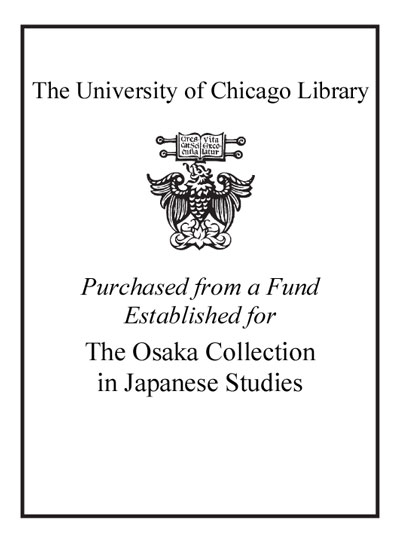Review by Choice Review
Ogawa (Univ. of Melbourne, Australia) presents an intriguing but controversial study of how Japanese civil society has reacted to the 2011 Fukushima nuclear disaster by creating "antinuclear citizens," who have become the primary agents advocating for change in Japan's policy on nuclear power. Ogawa argues that this new type of citizen activist does not merely engage in protest activities, but has developed civil society organizations that provide new and effective forms of accountability, innovation, and public governance in post-Fukushima Japan. Calling himself an "action-oriented social anthropologist," Ogawa develops what he calls "action narratives" to illuminate his commitment to documenting the issues that citizens face, but also to "generat[ing] actions for social change." He explicitly rejects being an objective observer of the antinuclear movement that is the subject of his book. In so doing, he sheds interesting light on contemporary Japanese society. His approach to the subject may be controversial since many scholars believe noninvolvement is the only way to achieve objectivity. However, this book provides a new way to view the contributions of civil society activists to government accountability and nuclear policy in Japan. Recommended for those interested in contemporary Japanese society and the growth of civil society organizations. Summing Up: Recommended. Advanced undergraduates through faculty; professionals. --Mark D. Ericson, University of Maryland Global Campus
Copyright American Library Association, used with permission.
Review by Choice Review

